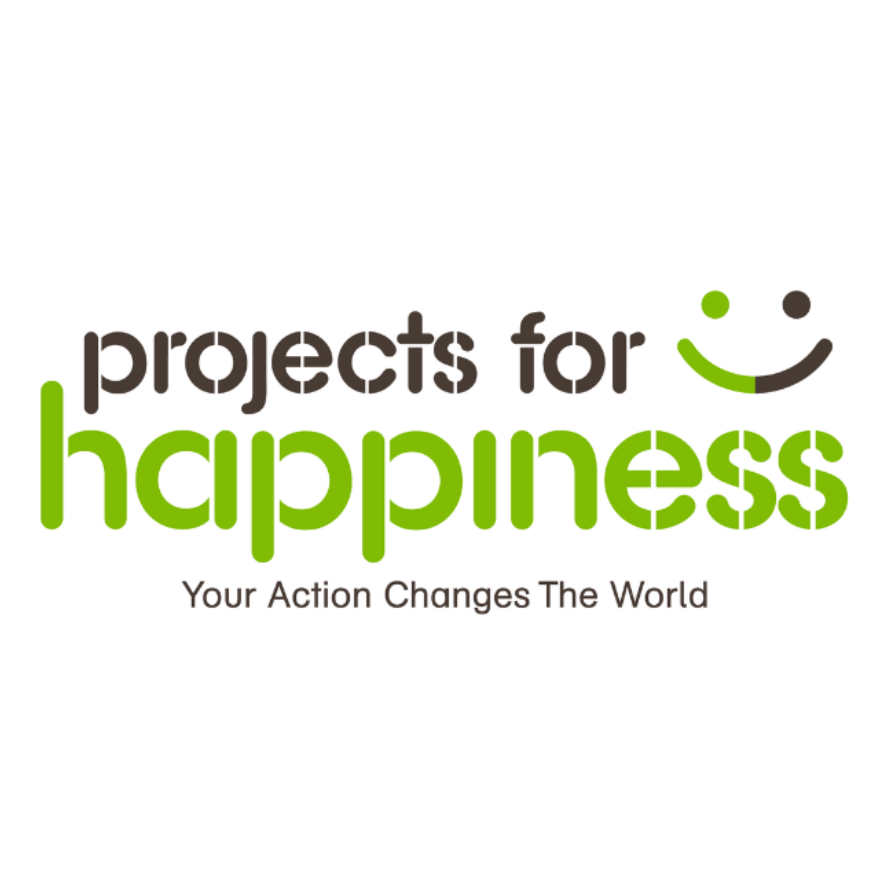
MOLI (MOBILE & MINI LIBRARY FOR SCHOOLS)
Helping the Underprivileged Community
Reading habit among students is still a major concern as many studies have shown that Malaysians are far from becoming a reading society. In many schools, especially in the rural areas, there is also a shortage of books for the students to read. Kuala Pilah District Education Office has identified a few schools which would benefit from having assistance in providing reading projects and reading materials. Based on the feedback provided by the education office, project MOLI (Mobile & Mini library for schools) is created. This project is created to provide underprivileged schools with access to reading materials. Two sets of books will be delivered to two different schools namely SR Kuala Kepis (60 students) and SR Dato Undang Kamat Johol (32 students) in Kuala Pilah district. Teachers will be informed on the free usage of these books by the students. Each month, facilitators who are UiTM students will visit the schools to run a one day activity in relation to reading in order to motivate the students to read and at the same time, to ensure that the books provided to the school is fully utilized. The facilitators will also train the school students to perform MOLI-sketch (a combination of readers theatre and a sketch) for the closing ceremony in November which will be held at UiTM Kuala Pilah Campus.

Overview of Issue / Background
Reading habit among students is still a major concern as many studies have shown that Malaysians are far from becoming a reading society. In many schools, especially in the rural areas, there is also a shortage of books for the students to read. Kuala Pilah District Education Office has identified a few schools which would benefit from having assistance in providing reading projects and reading materials. Based on the feedback provided by the education office, project MOLI (Mobile & Mini library for schools) is created.
This project is created to provide underprivileged schools with access to reading materials. Two sets of books will be delivered to two different schools namely SR Kuala Kepis (60 students) and SR Dato Undang Kamat Johol (32 students) in Kuala Pilah district. Teachers will be informed on the free usage of these books by the students. Each month, facilitators who are UiTM students will visit the schools to run a one day activity in relation to reading in order to motivate the students to read and at the same time, to ensure that the books provided to the school is fully utilized. The facilitators will also train the school students to perform MOLI-sketch (a combination of readers theatre and a sketch) for the closing ceremony in November which will be held at UiTM Kuala Pilah Campus.
Project Objectives (Vision & Mission)
The objectives of MOLI Project are as follow:
- To inculcate reading habits among the lower primary students at the rural school.
- To support underprivileged schools in providing reading materials to the rural schools
- To provide easy access to books to underprivileged schools
- To enhance UiTMNS students ‘ critical thinking, creativity, collaboration and communication skills (4C’s of the 21st century).
Project Details (Activities and Tasks)
Phase 1 – Planning Stage 1
- Application for the funding and distribution of duties among students.
- Designing needs analysis for teachers and pre/post tests for school students
- Questionnaire to test students’ 4C’s –Pre-test
Phase 2 – Planning Stage 2
- Books and book racks are selected and purchased for the schools.
- Mini games are created based on selected books.
- Books are organized and arranged in book racks.
Phase 3 – Implementation Stage
- Books and book racks are transported to the schools
- Needs analysis to be given to teachers
- Pre test is given to students
- Briefings and simple activities to be conducted at the schools
Phase 4 – Monitoring Stage
- To be conducted once a month
- During monitoring, activities are conducted with the students based on the books they have read (Mini games, Drawing and coloring, Story telling)
- Preparation for the closing ceremony
Phase 5 – Closing and Final Ceremony
- Students will perform MOLI-Sketch (a combination of story telling and a sketch)
- Needs analysis to school teachers (Perception and Satisfaction)
- Post test to students (Proficiency of English language)
- Questionnaire to test students’ 4C’s – Post-test
Expected Project Result & Outcomes
- Results
- Responses from schools students (Pre and Post tests)
- Responses from teachers (Needs analysis and perception)
- Responses from UiTM students (Measurement of 4C’s)
- Reading activities with the school students
- Outcomes
- Mini library at the underprivileged schools
- A compilation of language games
- A performance of MOLI-Sketch
0% of RM1.00 Goal
Project Information
| University name | : | UiTM CAWANGAN NEGERI SEMBILAN KAMPUS KUALA PILAH |
| Project leader name | : | MUHAMMAD RUSYDI BIN OTHMAN |
| Location of project held | : | SK DATO’ UNDANG KAMAT, SK KUALA KEPIS, UiTM KUALA PILAH |
| Beneficiary | : | SK DATO’ UNDANG KAMAT, SK KUALA KEPIS, UiTM KUALA PILAH |
| Number of beneficiaries | : | 3 |
Section I
| a. A two-sentence summary of the project goals. | This project was created to inculcate reading habits among the lower primary students and to support underprivileged schools by providing reading materials. It is also created to enhance UiTMNS students’ critical thinking, creativity, collaboration and communication skills (4C’s of the 21st century). |
| b. Did other fund-raising efforts contribute to your projects? What were they? | Yes. There are some fund-raising efforts contributed to this project. First, we have crowdfunding. We managed to collect RM2000 from several donations. Besides, we had also received book donations from the public. |
| c. Provide details about how your project actually worked. I. Were there unanticipated difficulties? Budget constraints? | The main aim of this project is to provide English books for both schools. We encountered some unanticipated difficulties along the way. First, we had to face the challenge of finding the schools as they were remotely located, and they were not listed in the google map. We also had difficulties in finding low price books with appropriate content for targeted students. We acknowledged that books these days were a bit pricey especially the high quality ones. We went to several places in Seremban in order to search for books at a low price. There were no budget constraints as we had already planned out details according to the budget provided. |
| II. Language or cultural barriers? | In terms of language or cultural barriers, we found that even though the schools are located in rural areas, the students are able to communicate in basic English and have a good etiquette. |
| III. What worked well? What didn’t work well? | Our management of budget, activities and times were well-planned. We managed to follow the plan and only needed to change a little bit of it. The teamwork among the committee members also contributed to making the project runs more smoothly. The lack of interaction between members and the school resulting to some technical problems. The facilities were not well equipped. Miscommunication among the facilitators also occurred which resulted in some misunderstanding. However, we managed to resolve all these matters. |
| IV. How many people benefited or will benefit from your project? Who are these people? | There were 3 parties benefited from this project; 32 students from SK Dato’ Undang Kamat Johol and the school itself, 60 students from SK Kuala Kepis and the school itself, and also 43 facilitators from UiTM Kuala Pilah. |
| V. What is the long-term impact and sustainability of this project? Is there a future for your project? | Yes, there is a continuity for our project. The project can be sustained through follow-up activities and provision of new books by the MOLI team to the selected schools. Students from these schools will continuously have a collection of books for their reading pleasure. Besides, the mini and mobile library can be further created for other underprivileged schools in the district and other areas. |
| a. In several paragraphs, address each of the following questions: - How does or will your project contribute to happiness? Shortterm? Long-term? |
a. In several paragraphs, address each of the following questions: - How does or will your project contribute to happiness? Shortterm? Long-term? First of all, the books provided have been used as a medium of communication among the school students and also between the students and the teachers. Apart from the activities conducted by us, they can also come up with their own activities using the books provided. Teachers also find more teaching options in their daily teaching routines. In addition, the reading activities have contributed to the increase of the students’ motivational level in learning the English language. |
| - Has your project changed the way you think about the world? How has it changed you? | Yes. It changed our perceptions towards primary school students. Many of us were intimidated with the fact that we have to deal with the kids. However, as we proceeded with the activities as a team, we find that the experience of dealing with the kids are challenging, exciting and fulfilling. It changes us to be more responsible and more creative and it provides us with a different perspective of life. |
| b. Complete this section with a one to two sentence personal statement, suitable for use as a quotation, addressing how and why this project was valuable and what was the most important thing you learned as a result. (Indicate student’s name for quote attribution.) |
“ Actually I don’t like kids. I join this project because I want to learn how to like kids.” – Ikram “I learned to be more patient with the kids.” – Aliff “It’s not easy to coordinate the activities but we managed as we learn from time to time.” – Asha “I find that the kids were very creative with the books.” – Rusydi |
Image Gallery






